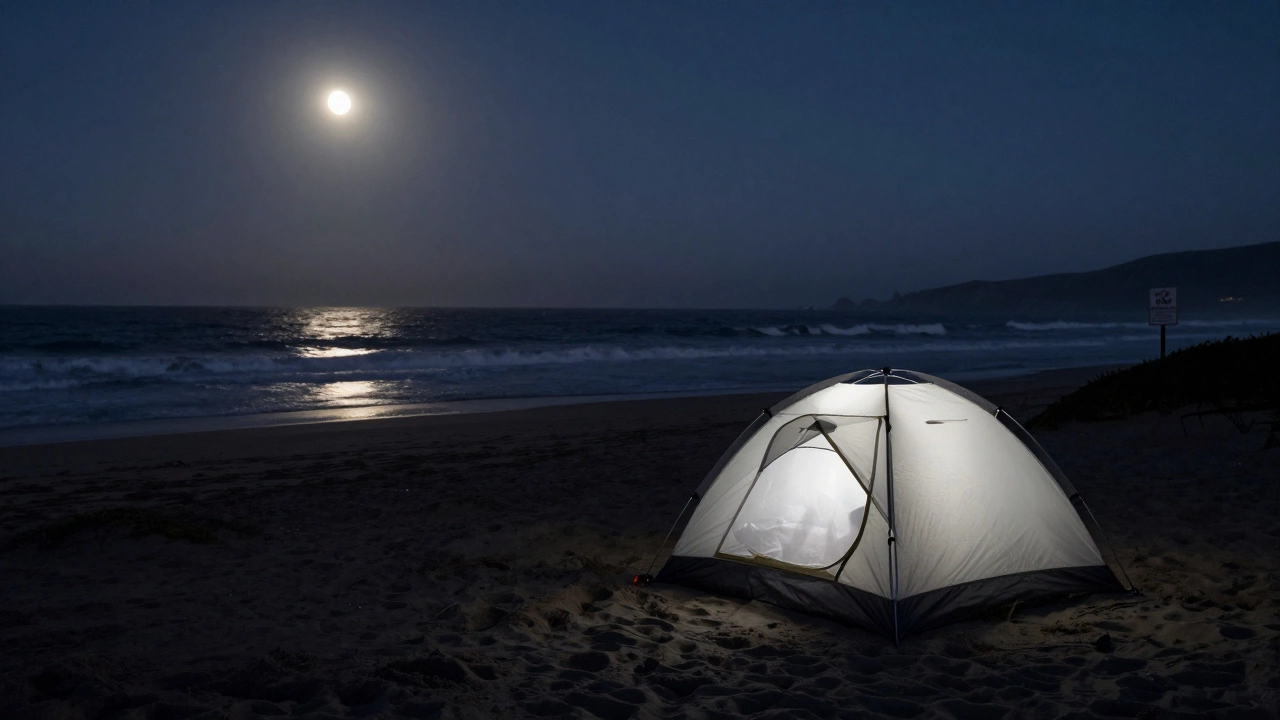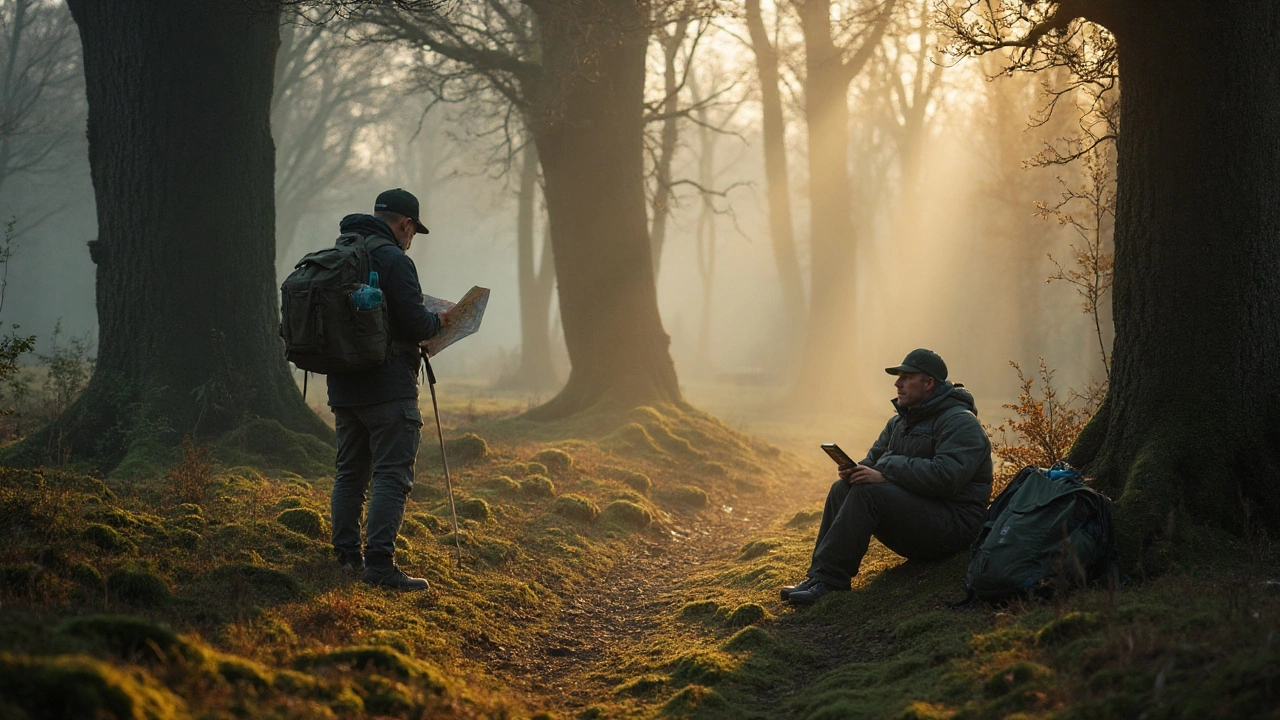Legal Wild Camping: Where You Can Pitch Up Legally in the UK
Ever wondered if you can set up a tent on a hillside for free? The answer isn’t a simple yes or no – it depends on the land, the local council, and a few easy rules. Knowing where the law says you’re allowed to camp saves you a fine and keeps the outdoors in good shape.
Understanding UK Wild Camping Laws
Scotland is the most camper‑friendly part of the UK. The “right to roam” lets you pitch a tent on most uncultivated land for a night, as long as you respect the environment and don’t cause trouble. England, Wales, and Northern Ireland are stricter. Generally, you need the landowner’s permission or must be on designated sites. Some places, like Dartmoor National Park, have specific areas where wild camping is tolerated, but you still have to follow local bylaws.
Private land is off‑limits unless you get explicit consent. That means farms, estates, and most forest sections belong to someone, and camping there without permission can lead to a notice to leave or a fine. Public lands such as open countryside, some coastal paths, and certain heathlands may be okay, but always double‑check signage or council websites first.
Practical Tips for Staying Legal
1. Do a quick search. Use apps like “Park4Night” or local council maps to see if wild camping is allowed nearby. Many sites flag “restricted” areas, so you won’t waste a night setting up only to be asked to leave.
2. Ask before you pitch. If you see a farm gate or a sign with a phone number, give the owner a call. A quick “Can I camp here for one night?” often works and shows respect.
3. Stay low‑impact. Keep your tent small, use a lightweight stove, and pack out every piece of litter. Leaving no trace isn’t just good practice – it’s a reason many landowners allow occasional campers.
4. Follow the “two‑night rule”. Even on land where it’s legal, most locals expect you to move after one or two nights. This prevents overuse and keeps relationships with nearby residents positive.
5. Know the exceptions. Areas designated as Sites of Special Scientific Interest (SSSIs), nature reserves, or military zones are usually closed to camping. Check the signposts or online resources to avoid accidental trespassing.
By sticking to these basics, you can enjoy the freedom of wild camping without worrying about a ticket. Remember, the law is there to protect both you and the land – respect it, and you’ll have many more nights under the stars.
If you’re planning a longer trip, consider mixing wild spots with official campsites. That gives you flexibility, a chance to refill water, and a backup if a landowner says no. With a little planning, legal wild camping becomes a simple, rewarding part of any road‑trip across the UK.

